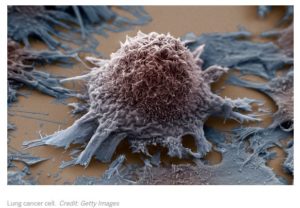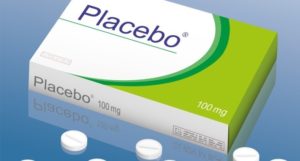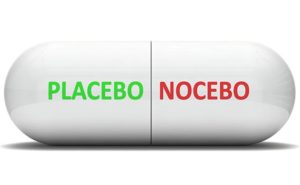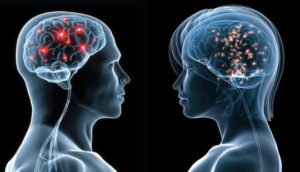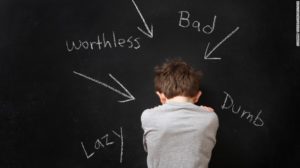It is becoming increasingly clear that the placebo effect has a great influence on medical treatment. An international, interdisciplinary team of researchers led by Professor of Health Psychology Andrea Evers from Leiden University has now written a first set of guidelines on how to apply the placebo effect in clinical practice, published in Psychotherapy and Psychosomatics.
It was the result of the first official conference of the Society for Interdisciplinary Placebo Studies (SIPS), which was held in Leiden last year. During an interdisciplinary workshop led by Evers, a group of leading international researchers reached the consensus that knowledge about placebo and nocebo effects could lead to better treatment results with fewer side-effects. According to the researchers, it is crucial that patients receive more information about these effects, and that doctors receive training on the best doctor-patient communication to maximise placebo effects and minimise nocebo effects.
Read the full article here.



